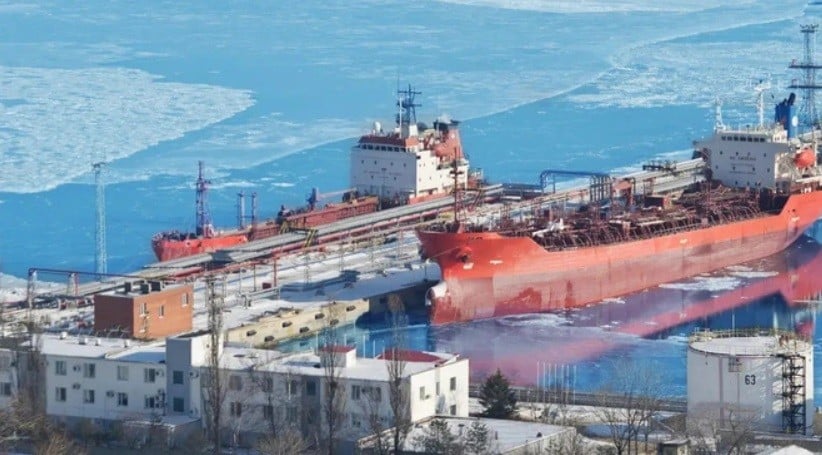 |
| Russia is using a “ghost fleet” of old tankers to transport oil and avoid restrictions. (Source: Reuters) |
The move marks an escalation in Western efforts to enforce a $60-a-barrel price ceiling on seaborne Russian oil, imposed to punish Moscow over the conflict in Ukraine.
The price cap is intended to reduce Russia's export revenues while maintaining the flow of oil around the world . The mechanism prohibits Western companies from providing maritime services such as transportation, insurance and finance that facilitate Russia's oil sales above the price cap.
Russia is using a “ghost fleet” of aging tankers to ship oil and evade restrictions. The fleet is shipping oil to countries including China and India, far beyond Moscow’s traditional customers and adding to shipping costs.
According to Lloyd's List Intelligence - a company that tracks shipping activities - and oil market analysts, Panama, the Republic of the Marshall Islands and Liberia have allowed some of the above ships to fly the flags of these three countries.
The practice, known as “flag hopping,” allows some front companies set up to trade Russian oil to ship on these ships and evade sanctions. Nearly 40 percent of the “ghost fleet”’s roughly 535 tankers are registered through companies set up in the Marshall Islands.
Sources confirmed that Lindsey Whyte, head of the international finance department at the UK Treasury , John Berrigan, head of the financial services department of the European Commission, and Brian Nelson, the US Undersecretary of the Treasury for Counterterrorism and Financial Intelligence, had signed letters warning the three countries about the increasing circumvention of the G7 price cap on Russian oil, as well as the high level of risk associated with uninsured ships and other Western services.
Source




![[Photo] 60th Anniversary of the Founding of the Vietnam Association of Photographic Artists](/_next/image?url=https%3A%2F%2Fvphoto.vietnam.vn%2Fthumb%2F1200x675%2Fvietnam%2Fresource%2FIMAGE%2F2025%2F12%2F05%2F1764935864512_a1-bnd-0841-9740-jpg.webp&w=3840&q=75)

![[Photo] National Assembly Chairman Tran Thanh Man attends the VinFuture 2025 Award Ceremony](/_next/image?url=https%3A%2F%2Fvphoto.vietnam.vn%2Fthumb%2F1200x675%2Fvietnam%2Fresource%2FIMAGE%2F2025%2F12%2F05%2F1764951162416_2628509768338816493-6995-jpg.webp&w=3840&q=75)

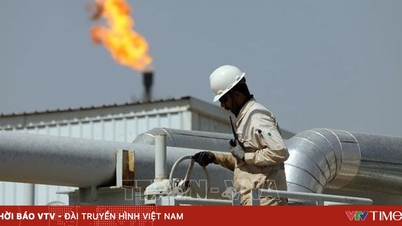

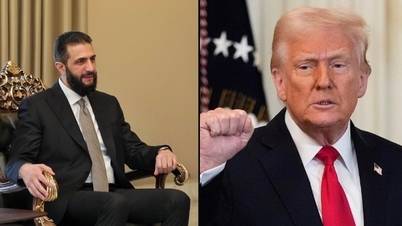

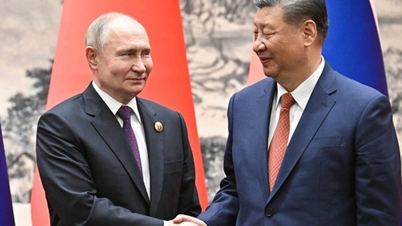




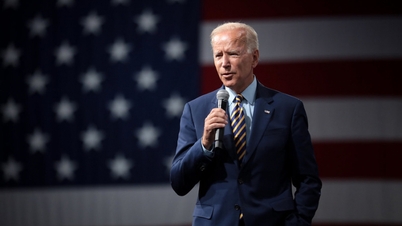
















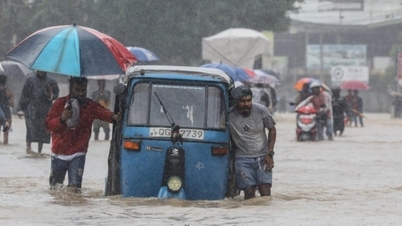
























































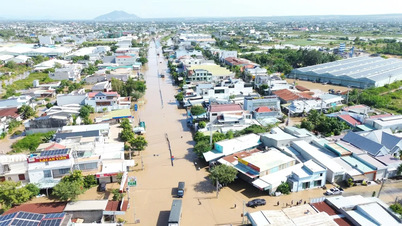























Comment (0)